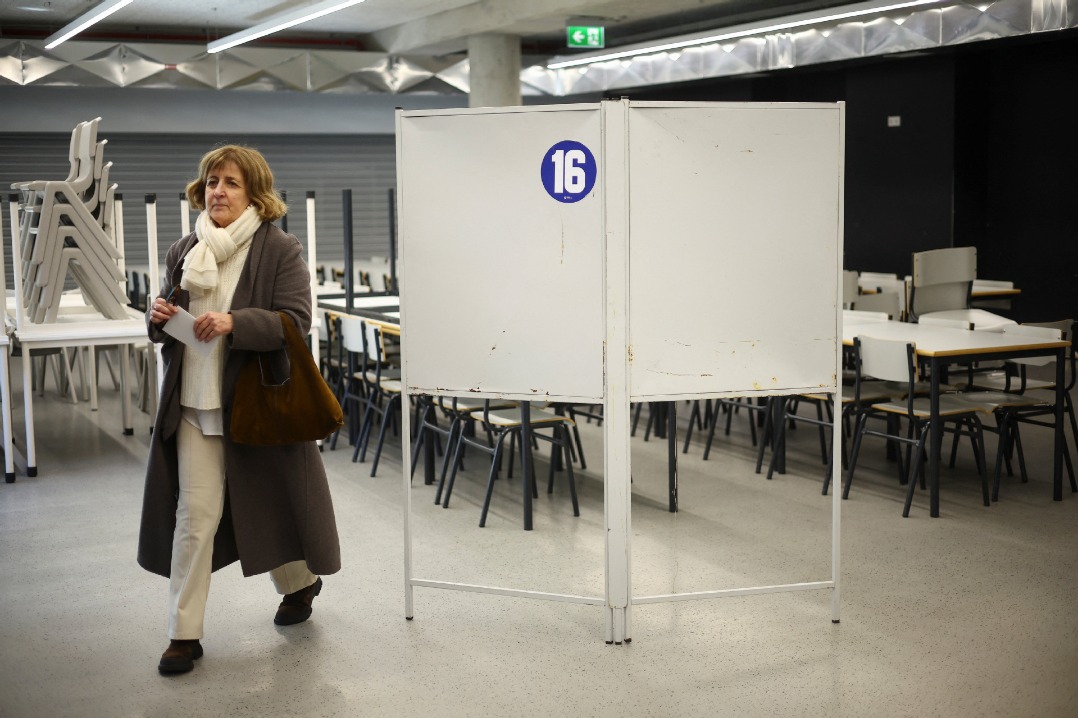COVID-19 disrupting mental health services in Africa

Coronavirus has halted and disrupted crucial mental health services in Africa, even as the pandemic increased the need for the vital services, according to a new survey by the World Health Organization.
The survey said African countries account for 15 of the top 30 countries globally for suicide per 100,000 people.
It termed substance use disorder services as the mental health services facing the biggest disruptions in Africa, with the main cause being failure by patients to turn up, travel restrictions hindering access to health facilities and a decrease in patient volume due to cancellations of elective care.
"Isolation, loss of income, the deaths of loved ones and a barrage of information on the dangers of this new virus can stir up stress levels and trigger mental health conditions or exacerbate existing ones," Doctor Matshidiso Moeti, the WHO regional director for Africa, said.
"The coronavirus pandemic has shown, more than ever, how mental health is integral to health and well-being and must be an essential part of health services during outbreaks and emergencies."
While there is scant data on how coronavirus is increasing mental health conditions on the African continent, a previous study in South Africa published online by Cambridge University Press found that 10–20 percent of the 220 people surveyed reported potent experiences of anxiety and fear as a result of the pandemic.
Another survey of 12,000 women in low-income communities in Uganda and Zambia conducted in June by Strong Minds, a mental health organization working in both countries, found an increase in persistent stress, anxiety and depression.
Nearly a quarter of the women surveyed reported experiencing heightened mental distress due to recent world events, citing increased unemployment, food insecurity, household violence and substance abuse stemming from the pandemic.
The WHO survey, which was undertaken in 28 African countries, underscored the urgent need for increased funding.
Out of the surveyed countries, 37 percent reported that their coronavirus mental health response plans are partially funded while 37 percent reported having no funds at all.
The survey said prior to the pandemic, the continent had one of the lowest mental health public expenditure rates, at less than 10 cents per capita.
The stretched and chronically underfunded mental health services have further been strained by increasing pressure on health systems and rising demand.
"Coronavirus is adding to a long-simmering mental health care crisis in Africa. Leaders must urgently invest in life-saving mental health care services," Moeti said.
"We also need more action to provide better mental health information and education, to boost and expand services, and to enhance social and financial protection for people with mental disorders, including laws to ensure human rights for everyone."
Globally, the pandemic has disrupted or halted critical mental health services in 93 percent countries.
While 89 percent of countries in the survey reported mental health and psychosocial support is part of their national coronavirus response plans, only 17 percent of the countries have full additional funding to cover the activities.
The WHO has issued guidance to countries on how to maintain essential services, including mental health services, during the pandemic.
The UN agency recommends countries allocate resources to mental health as an integral component of their response and recovery plans. It also urges countries to monitor changes and disruptions in services so they can address them as required.

































